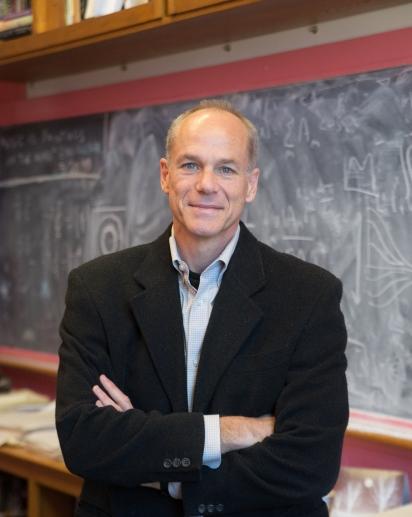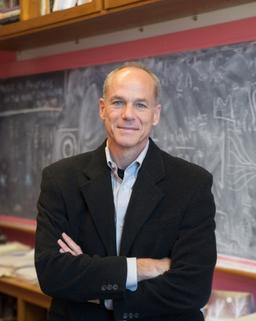This course is part of Libertarian Free Will: Philosophy and Neuroscience.
This course cannot be purchased separately - to access the complete learning experience, graded assignments, and earn certificates, you'll need to enroll in the full Libertarian Free Will Specialization program. You can audit this specific course for free to explore the content, which includes access to course materials and lectures. This allows you to learn at your own pace without any financial commitment.
Instructors:
English
What you'll learn
Analyze neuroscientific arguments about free will
Understand neural anatomy and physiology
Explore consciousness and cognitive function
Examine volitional attention mechanisms
Investigate neural basis of self-transformation
Skills you'll gain
This course includes:
5.2 Hours PreRecorded video
10 quizzes
Access on Mobile, Tablet, Desktop
FullTime access
Shareable certificate
Get a Completion Certificate
Share your certificate with prospective employers and your professional network on LinkedIn.
Created by
Provided by

Top companies offer this course to their employees
Top companies provide this course to enhance their employees' skills, ensuring they excel in handling complex projects and drive organizational success.





There are 3 modules in this course
This comprehensive course examines the relationship between neuroscience and free will. Students explore key neuroscientific arguments against free will, including the Libet experiment and Wegner's findings. The curriculum covers neural anatomy and physiology, consciousness, and attention, progressing to advanced concepts like volitional attention and neural plasticity. Through detailed analysis of brain circuits and executive functions, students gain insights into how neural mechanisms influence human behavior and decision-making.
Neuroscientific Arguments Against Free Will
Module 1 · 1 Hours to complete
The Neuroscience of Free Will: Part 1
Module 2 · 4 Hours to complete
The Neuroscience of Free Will: Part 2
Module 3 · 2 Hours to complete
Fee Structure
Individual course purchase is not available - to enroll in this course with a certificate, you need to purchase the complete Professional Certificate Course. For enrollment and detailed fee structure, visit the following: Libertarian Free Will: Philosophy and Neuroscience
Instructor
Professor of Psychological and Brain Sciences
Peter Tse and his collaborators focus on exploring consciousness and its neural foundations, investigating several key areas. First, they examine the preconscious and unconscious neural processes that occur before we consciously perceive an event, such as the brain's processing of form, motion, and color. Second, they study the structure of subjective experience and how phenomenology can help decipher how the brain constructs consciousness, with a particular focus on insights gained from illusions. Third, they explore the role of consciousness in planning and action, emphasizing the critical link between attention, volition, and decision-making. Fourth, they view consciousness as a dual process that constructs an understanding of the external world while providing an internal "virtual reality" that allows for imaginative decision-making. Finally, they investigate the interaction between top-down and bottom-up neural processes and how this interplay shapes our conscious experience. For a more in-depth exploration of these topics, Tse's book The Neural Basis of Free Will (MIT, 2013) offers additional insight.
Testimonials
Testimonials and success stories are a testament to the quality of this program and its impact on your career and learning journey. Be the first to help others make an informed decision by sharing your review of the course.
Frequently asked questions
Below are some of the most commonly asked questions about this course. We aim to provide clear and concise answers to help you better understand the course content, structure, and any other relevant information. If you have any additional questions or if your question is not listed here, please don't hesitate to reach out to our support team for further assistance.



